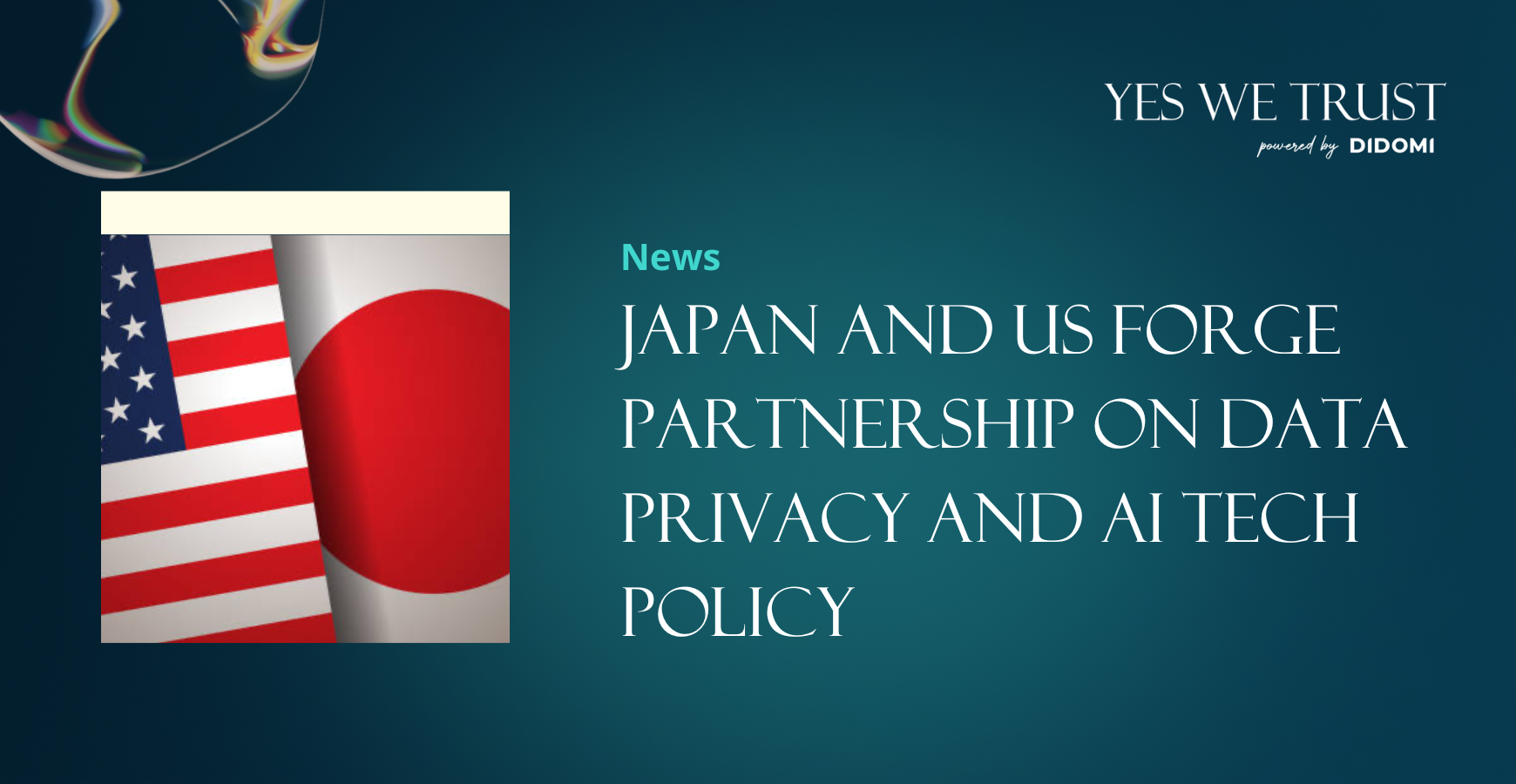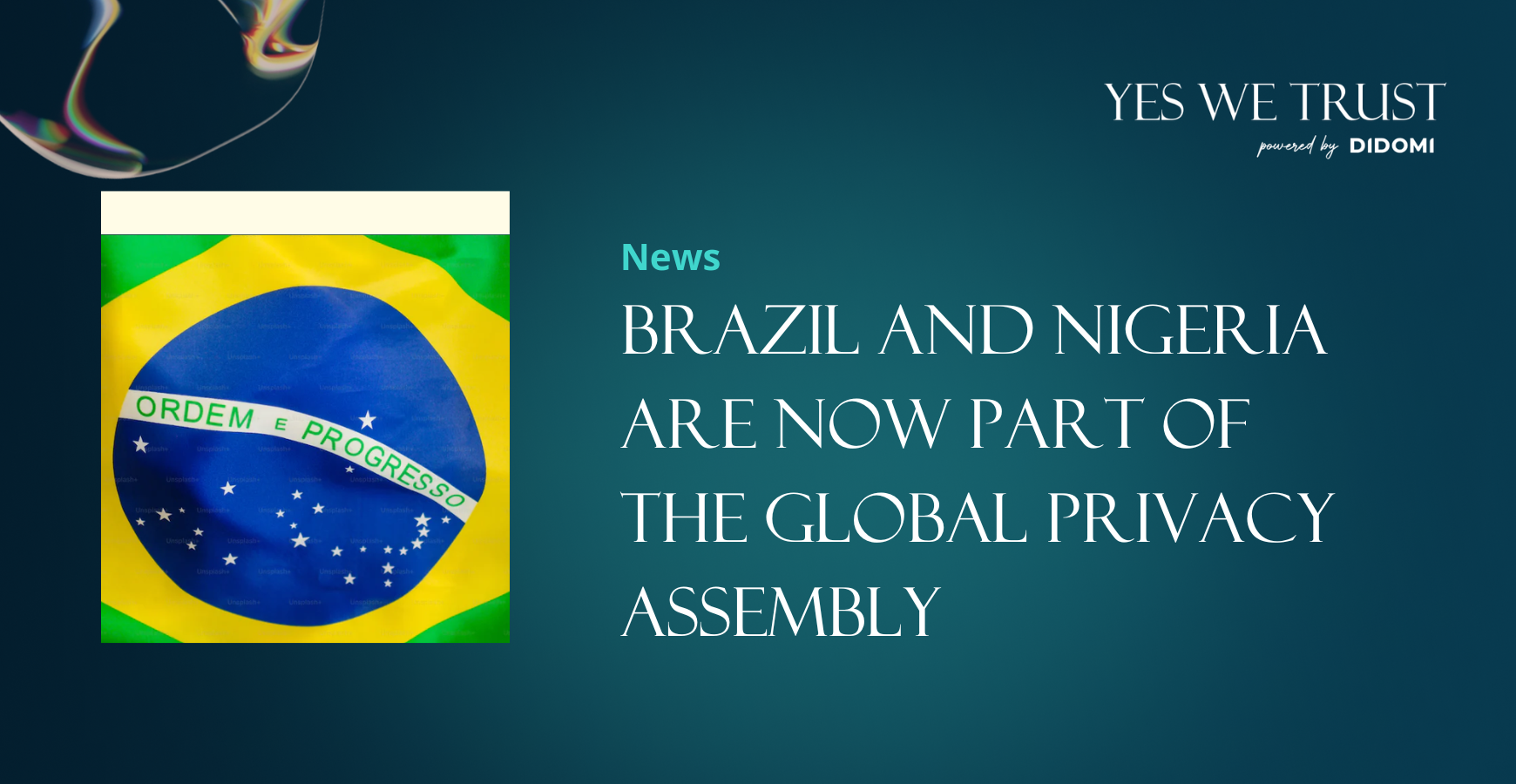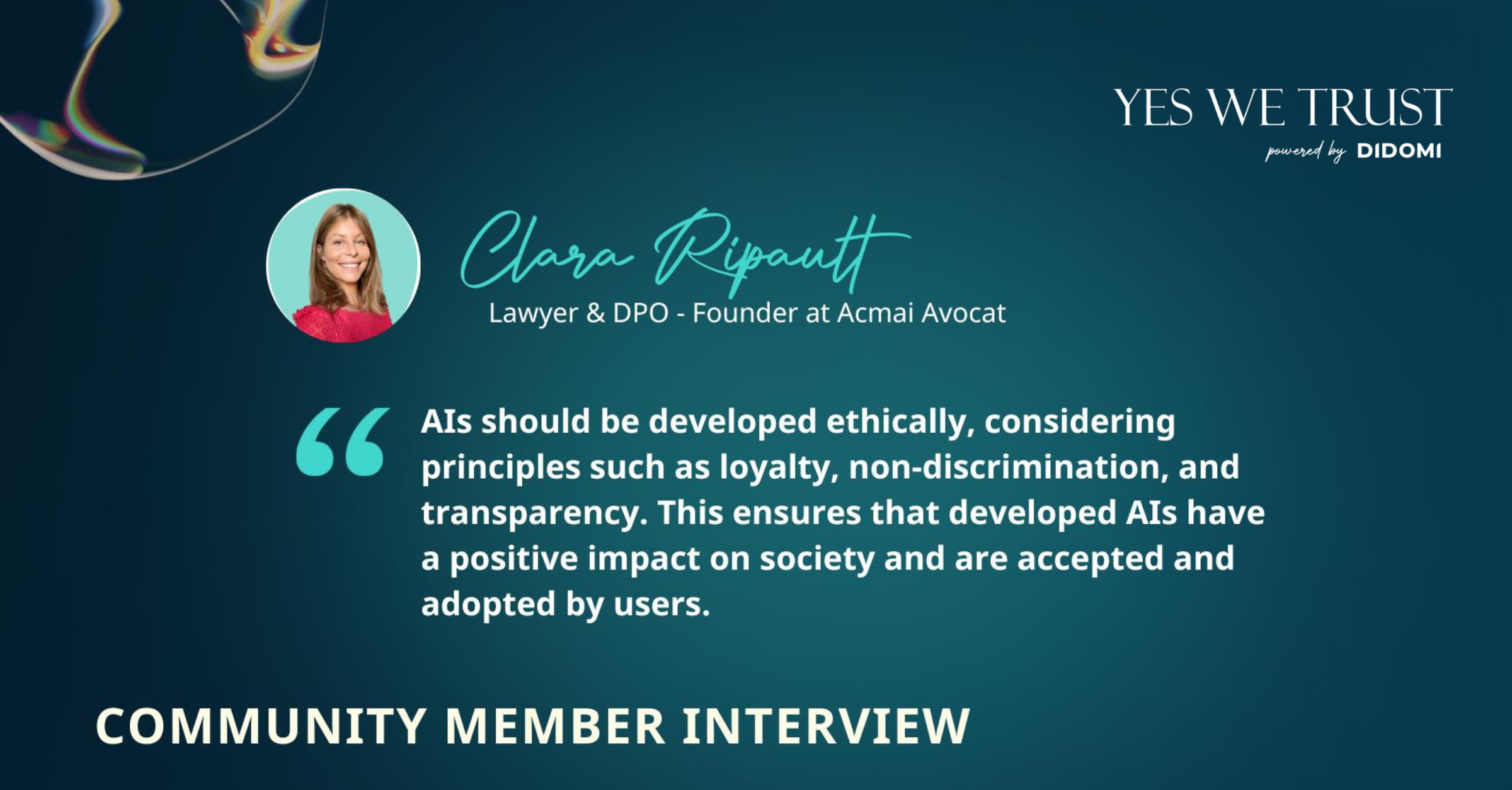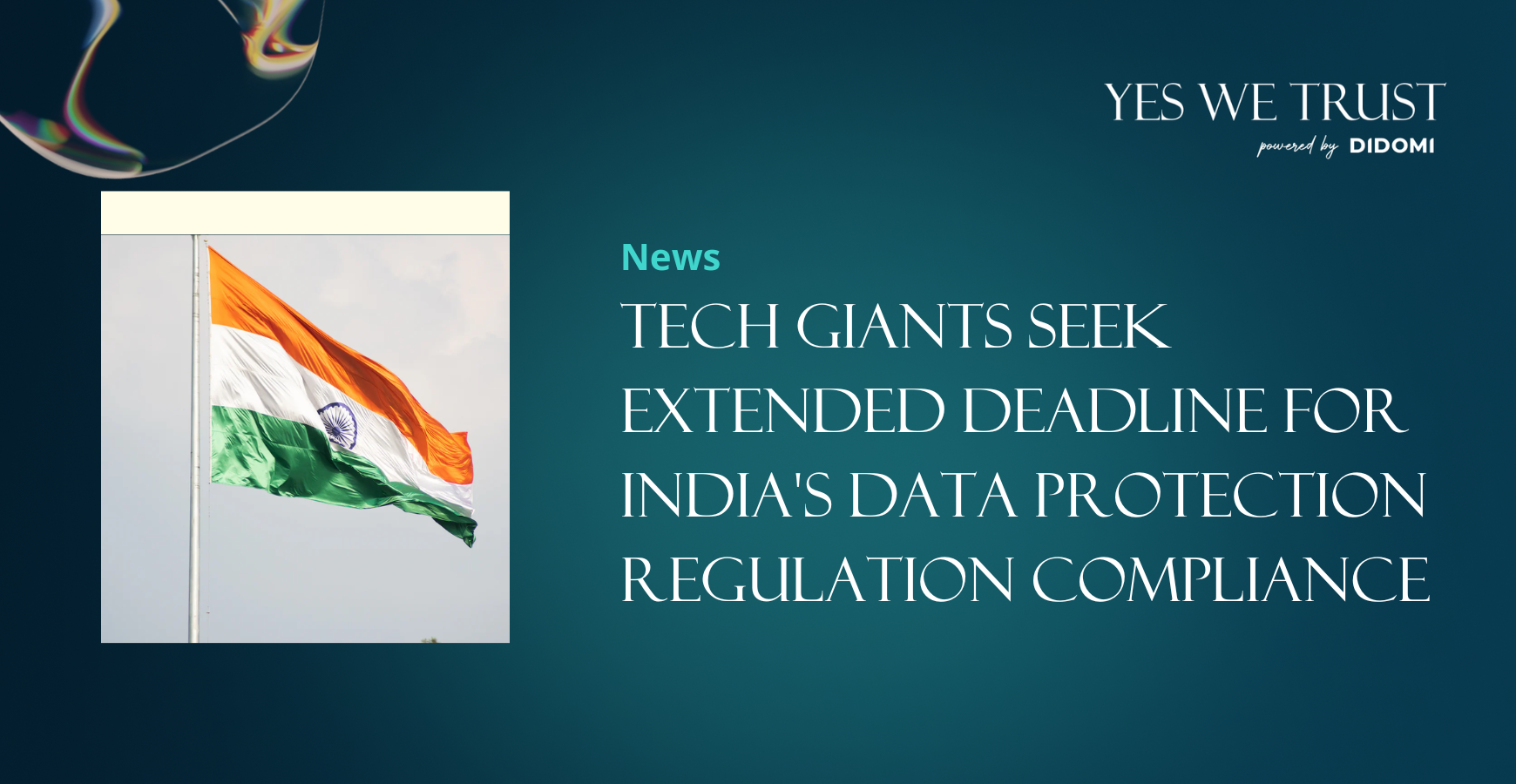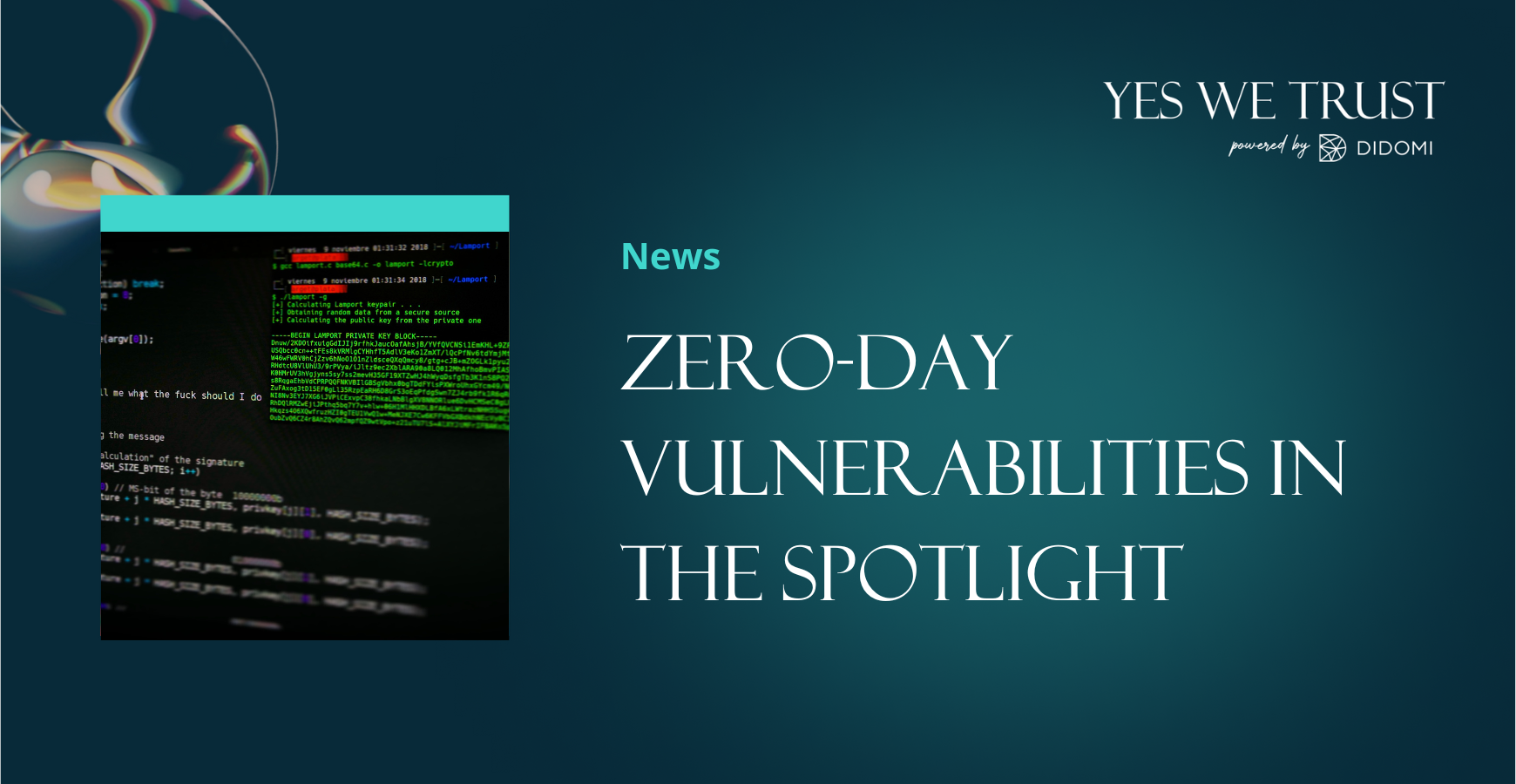Summary
The Japan-U.S. Economic Policy Consultative Committee (EPCC) held its second ministerial meeting in San Francisco on November 14, 2023. The countries in their joint statement, issued by Japan's Minister for Foreign Affairs KAMIKAWA Yoko, Minister of Economy, Trade and Industry NISHIMURA Yasutoshi, U.S. Secretary of State Antony Blinken, and U.S. Secretary of Commerce Gina Raimondo, highlighted their commitment to enhancing the rules-based international economic order.
As they continue to strengthen their economic ties, several highlights in various sectors include:
-
Global Economic Order: The countries affirmed their commitment to the rules-based international economic order and outlined plans to enhance economic resilience and security. Japan and the U.S.A will work with the G7 Leaders’ Statement on Economic Resilience and Economic Security and APEC in order to create a resilient and sustainable future for all, including through the Indo-Pacific Economic Framework for Prosperity (IPEF).
-
Personal Data Protection and Privacy: Collaboration through the Japan-U.S. Commercial and Industrial Partnership (JUCIP) to facilitate cross-border data flows and promote data protection globally. The countries aim to implement Data Free Flow with Trust (DFFT) and expand the Global Cross-Border Privacy Rules (CBPR) Forum.
-
Artificial Intelligence (AI): Japan and the U.S. aim to lead international discussions on artificial intelligence (AI) alongside like-minded partners, including participation in the G7 Hiroshima AI Process. Japan’s development of International Guiding Principles and a Code of Conduct for Organizations involved in Advanced AI Systems is interesting. This collaboration aims to create a crosswalk between the NIST AI Risk Management Framework and Japan’s AI Guidelines.
Japan’s privacy legislation, The Act on the Protection of Personal Information Act No. 57 of 2003 (“APPI”), went through various revisions in 2017 and 2022 to define in detail the use of cookies, data collection, legitimacy, etc.
In the United States, a number of state consumer data privacy laws have been introduced over the past years in a patchwork that has been difficult to navigate for organizations and reflects the political divide of the country overall. Talks of a federal privacy law have long been looking on the surface, with no clear path to legislation so far.
This collaboration between the two countries could bring clarity to the data privacy landscape and set a precedent for international collaboration.
What are your thoughts about this unison? Join the conversation in our Yes We Trust community, a free discussion group for data privacy professionals and enthusiasts, on LinkedIn:
